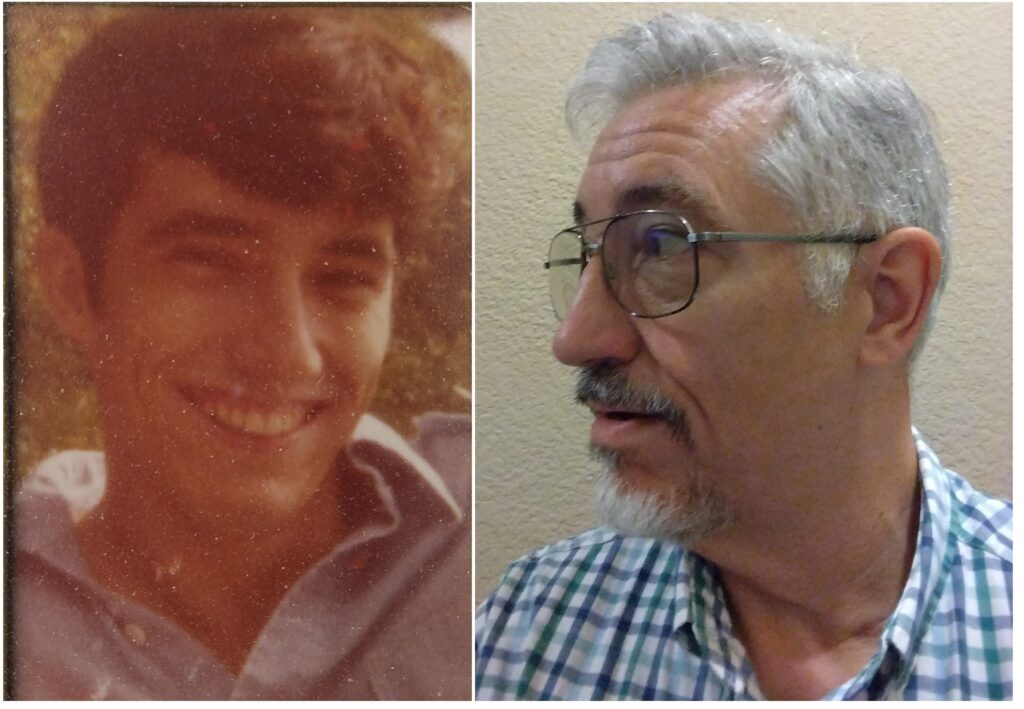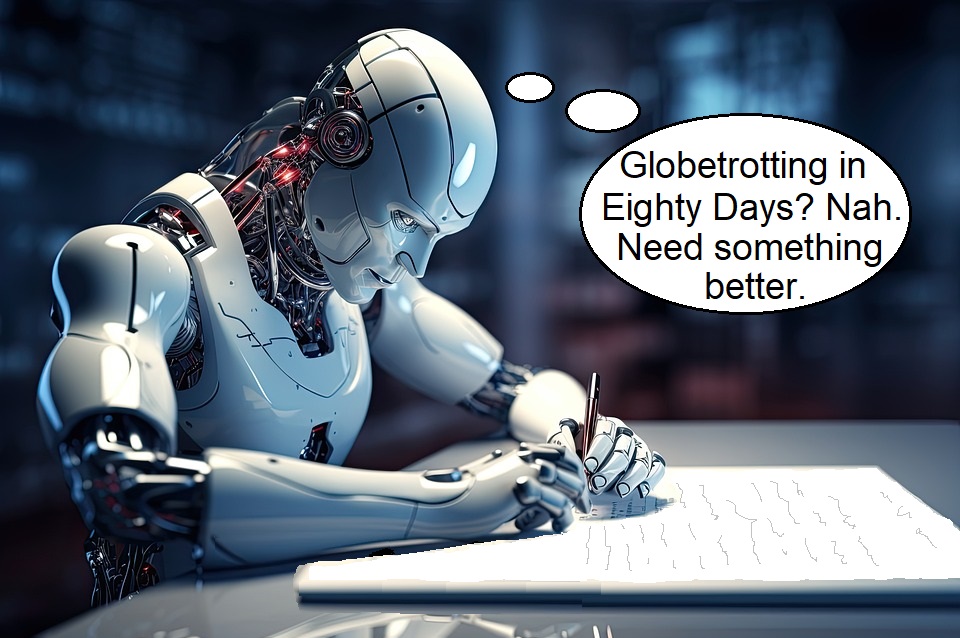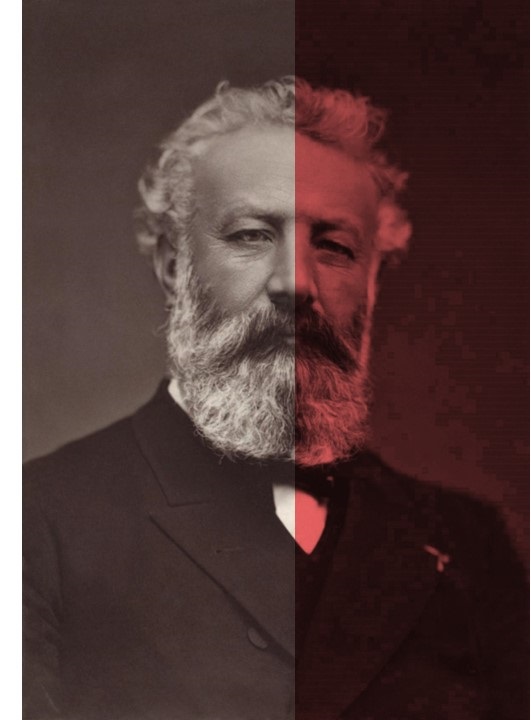When you see books for sale online or in stores, do you ever fantasize about seeing your name on the cover as the author? Decades ago, before I began writing fiction, I pictured that and wondered, “how hard can it be?”
At that time, I had a great story idea and estimated I’d achieve bestseller status in a year or two. Many facts about writing remained unknown to me then, things I wish someone had told me. Today, I’ll tell you.
- Make Characters Appealing. To Beginner Me, stories consisted of plot. The author just dropped characters in to have things happen to them. Not true. Readers yearn for engaging characters. Give them a protagonist they can love, or hate—just feel strongly about. Many authors come up with characters first, then figure out what happens. An exciting plot might provide a literary sugar rush, but all truly great books showcase memorable characters.
- Start Short. These days, novels predominate over short stories. Readers tend to take novelists more seriously. For that reason, beginning writers often tackle a novel first. Beginner Me did that. His unpublished novel sits on my shelf. It served the purpose of getting Beginner Me accustomed to daily writing, and of learning things about the craft. I wish someone had suggested I start with short stories. Some time after I switched to them, I started getting published. You can crank short stories out faster. The submit-reject-submit cycle runs more rapidly. You can establish a readership and move on to novels later.
- Accept Long Odds. A few—a very few—inexperienced writers get their first novel or short story accepted early on. Most—a vast majority—pile up many rejections before their first acceptance. You might be one of the few, but odds are, you won’t be.
- Understand the Tiers. Those books you see on bestseller lists, on lists of what to read next season, on the top of Amazon’s ‘Featured’ lists, and on the prominent bookstore shelves, have one thing in common. They’re published by one of the ‘Big Five’ publishers based in New York. If your novel gets accepted by one of them, an army of workers will design your book’s cover, arrange for book reviews, publicize your book, put out press releases, and line up interviews for you. If your story or novel gets accepted anywhere else, that army dwindles to one person…you.
- Market and Network. Beginner Me thought writers typed up prose while others took care of marketing details. For those few who land contracts with the Big Five, that’s true. The rest of us do our own marketing. You may not see yourself as the glad-handing, back-slapping used car salesman type, but you’re going to have to abandon your introvert comfort zone and learn those skills. It helps to network with other writers to watch and learn from them.
- Be Realistic. Beginner Me had heard of writers getting paid advances of thousands of dollars. I’d jot down some words, submit the manuscript, sign a contract, and soon I’d be sailing my yacht to my private island, where I’d have a mansion. Yes, a few authors receive large advance payments, but most writers work a day job. Their writing hobby pays for lunch, once a week.
- Get Help. At least Beginner Me knew this one and didn’t have to be told. Others have trod the writing path before you and are willing to share their knowledge. You may read How-to-Write books, take college writing courses, and go to writing conferences. Beginner Me did all of those. You may also attend writing workshops. I got the most help from critique groups. Find whichever type of help works best for you.
I meant this list to inspire you, not discourage you. You may see some items as depressing, but that’s not my intent. If the writing dream burns within you, if your story demands to be written, nothing I say will dissuade you. You’ll take the journey. Best to take it in an informed way, and not learn everything along the way, as did—
Poseidon’s Scribe



